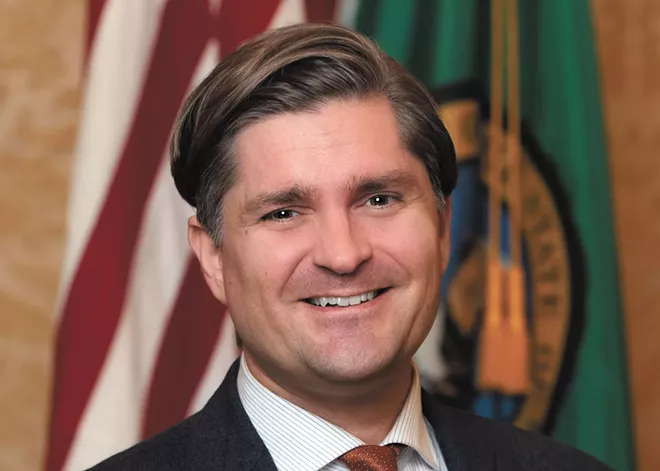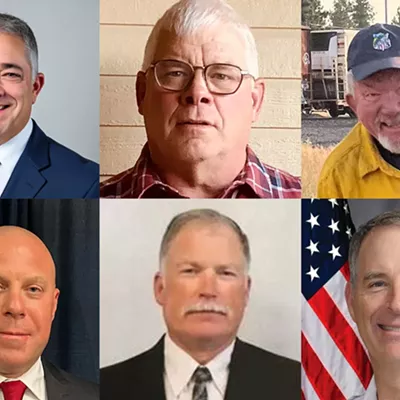More than 1.2 million Washington workers will soon have an easier option to save for retirement thanks to a law that passed at the very end of this year's legislative session.
Under the new Washington Saves plan, private sector workers who don't already have access to a retirement account will be enrolled in an automatic Individual Retirement Account, with a set amount of their pre-tax paycheck going into an account that will follow them to future jobs.
More than half of the full-time workers in the private sector have access to a 401(k) or other retirement savings account through their employer, and virtually all public sector and union employees have that option.
But younger people, members of minority communities, and those who work in hospitality or construction are far less likely to have a retirement savings option.
About 63% of workers between 18 and 25 in Washington don't have the option to contribute to a retirement account through their employer, and 43% of workers of any age lack that access, according to a December 2023 Pew Charitable Trust report commissioned by the Washington Legislature.
Those gaps are important to address, because the sooner you start saving, the more compounding interest can work in your favor to help build up savings for retirement, says Washington Treasurer Mike Pellicciotti, who pushed for the new program.
"Two out of three millennials today have zero retirement savings, and it's even worse for Gen Z," Pellicciotti says. "If money has been invested professionally, with compounding interest early in one's career ... it almost guarantees they will be a millionaire before they retire."
What's already alarming is the number of near retirees without any savings: Nearly 42% of American workers aged 56 to 64 do not have a retirement account, according to a 2021 Census Bureau survey.
"That is putting us toward a potential crisis," Pellicciotti says.
The lack of retirement savings among older workers is already expected to cost Washington state $3.9 billion in social safety net spending over the next 20 years, according to the Pew report. During that same time frame, it's expected that another $25.9 billion in federal social assistance will be needed just for Washington residents who don't have enough money saved.
"The public will not accept a 90-year-old without housing and food living on the streets," Pellicciotti says. "It's critical that people have access for a dignified retirement. And the reality is, when it comes to retirement, it's important that people start saving early."
Over the next few years, a 15-member governing board will determine how the Washington Saves program will operate, including how much of someone's paycheck should automatically be put into their account, which will be somewhere between 3% and 7%. The board will also decide how the funds will be managed by financial professionals.
The program is scheduled to start in July 2027, and workers who don't want to participate can opt out.
But Pellicciotti says that many workers want an easy way to save, and in other states with this type of program, workers have largely chosen to participate.
Fifteen states have created a retirement savings program, and in the seven whose programs are operational, about 64% to 82% of people remain enrolled (instead of opting out), according to the Pew report.
The Washington Saves plan is one of three major financial policy changes Pellicciotti has been working to put in place in recent years to economically empower Washingtonians.
The other two include plans to require that schools teach financial literacy — that requirement almost passed this session, but the House and Senate didn't concur after some amendments were made — and the creation of a "baby bond" program called the Washington Future Fund.
The future fund would invest money for every baby born under Apple Health (the state Medicaid program), so by the time they turn 18 they'd have savings to put toward an education, buying a home, or starting a business.
Pellicciotti hopes to bring both the financial literacy bill and the future fund bill back before lawmakers next year.
"The steps that we're taking — economic opportunity at birth, the tools to economically thrive throughout one's career, and the ability for retirement security later in life — when we do these things well and simply empower people and give them the tools to be economically successful, it is a major contributor to their well-being overall and their health," he says. "This is where we can move things in the right direction." ♦





















